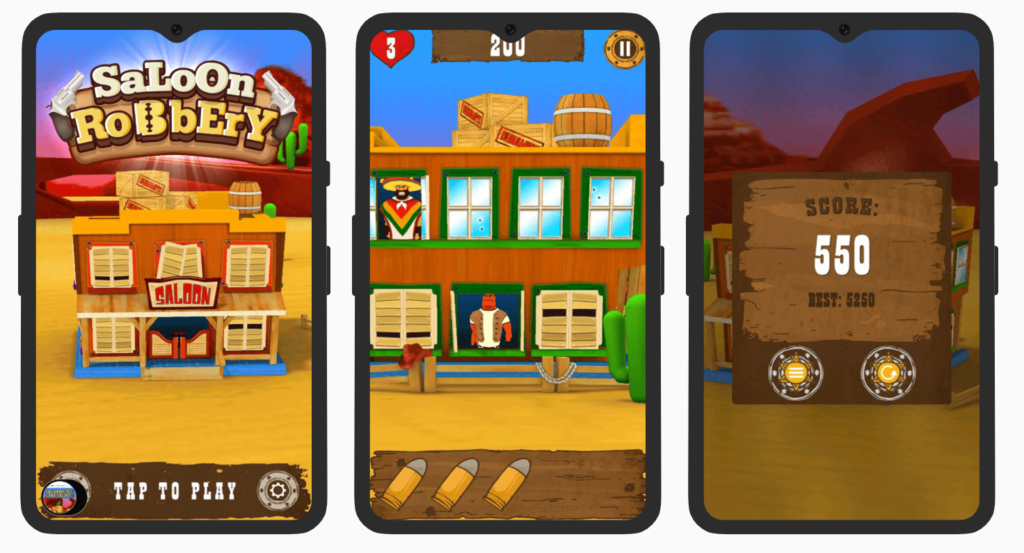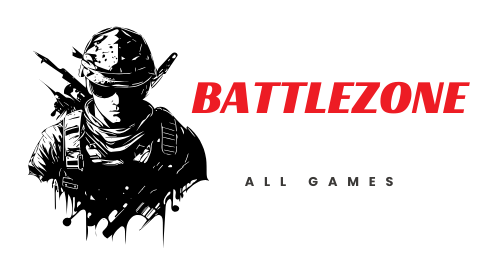Saloon Robbery is a classic tabletop role-playing game (TTRPG) adventure. Here’s a step-by-step guide on how to play it:

1. Gather Your Players & Prepare
- Players: 2-5 players are ideal.
- Game Master (GM): One player takes on this role. They run the game, control the non-player characters (NPCs), describe the environment, and adjudicate rules.
- Character Creation: Players create their characters. This usually involves:
- Choosing a class: (e.g., Gunslinger, Gambler, Outlaw)
- Selecting attributes: (e.g., Strength, Dexterity, Charisma)
- Determining skills: (e.g., Shooting, Persuasion, Thievery)
- Creating a backstory: (optional, but adds depth)
2. Set the Scene
- The GM describes the scene: The players enter a bustling saloon. They can observe the atmosphere, interact with NPCs (bartenders, patrons, the saloon owner), and gather information about the town and potential targets.
- Establish the Heist: The players must decide on their target (e.g., the saloon’ssafe, the owner’s valuables, a specific item) and plan the robbery. This involves:
- Reconnaissance: Gathering information on the target, guards, and security measures.
- Skill checks: Players might need to use skills like “Intimidation,” “Persuasion,” or “Stealth” to gather information or manipulate situations.
- Developing the plan: This could involve distractions, lock picking, disabling alarms, or a straight-up shootout.
3. Execute the Heist
- The GM narrates the events: As players attempt their actions, the GM describes the scene, rolls dice to determine success or failure, and resolves any conflicts.
- Potential challenges:
- Combat: If violence ensues, players will need to use their combat skills (shooting, melee attacks) to defeat enemies.
- Social encounters: Players might need to negotiate with NPCs, bluff their way past guards, or charm their way into a situation.
- Obstacles: The players might encounter unexpected obstacles like alarms, traps, or reinforcements.
4. Consequences & Rewards
- Success: If the players successfully pull off the heist, they will gain rewards (money, reputation, valuable items).
- Failure: If the heist fails, the players may face consequences (jail time, injury, death, a bounty on their heads).
- Storytelling: The game focuses on the narrative. Players’ choices and actions shape the story, leading to unexpected twists and turns.
Tips for Playing
- Communication: Clear communication is essential between players and the GM.
- Creativity: Encourage creativity in planning and execution.
- Roleplaying: Encourage players to roleplay their characters to enhance the experience.
- Have Fun! The most important aspect is to enjoy the game and the storytelling process.
